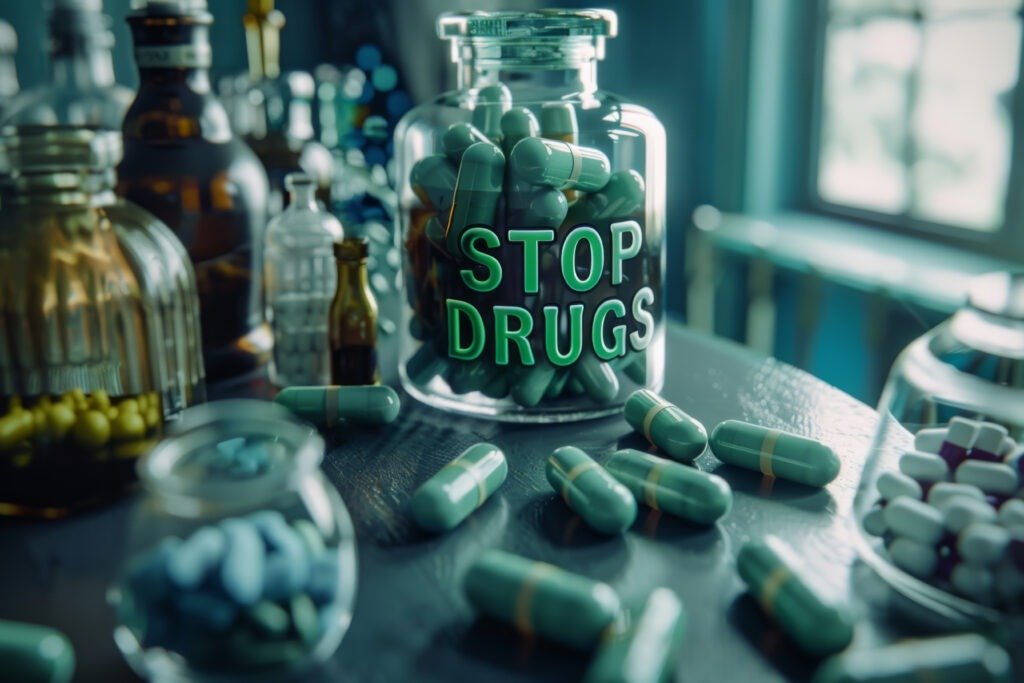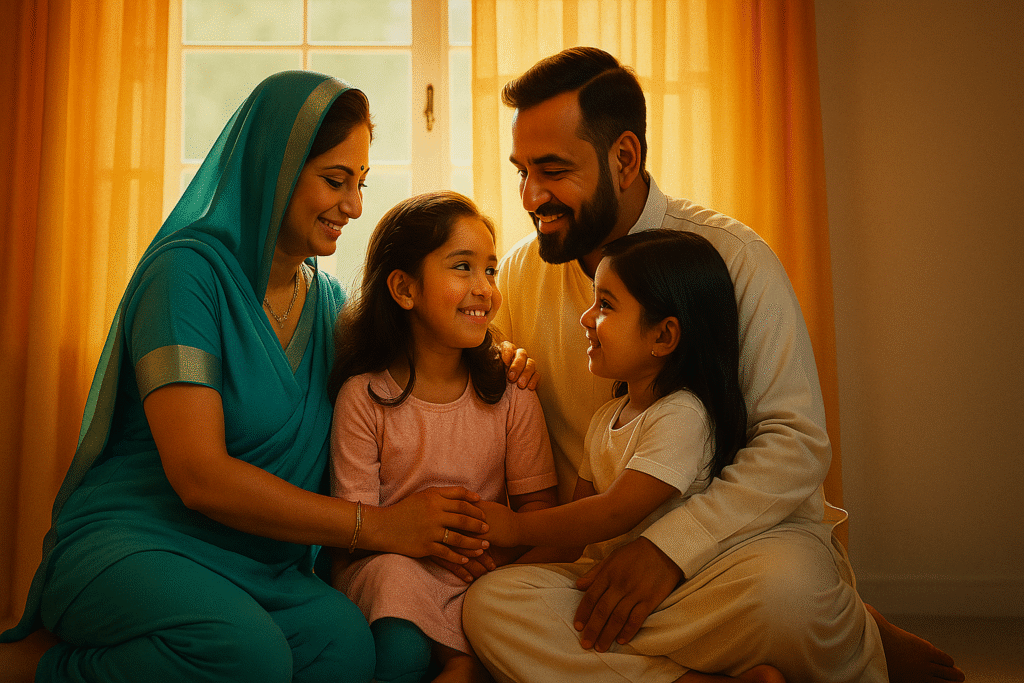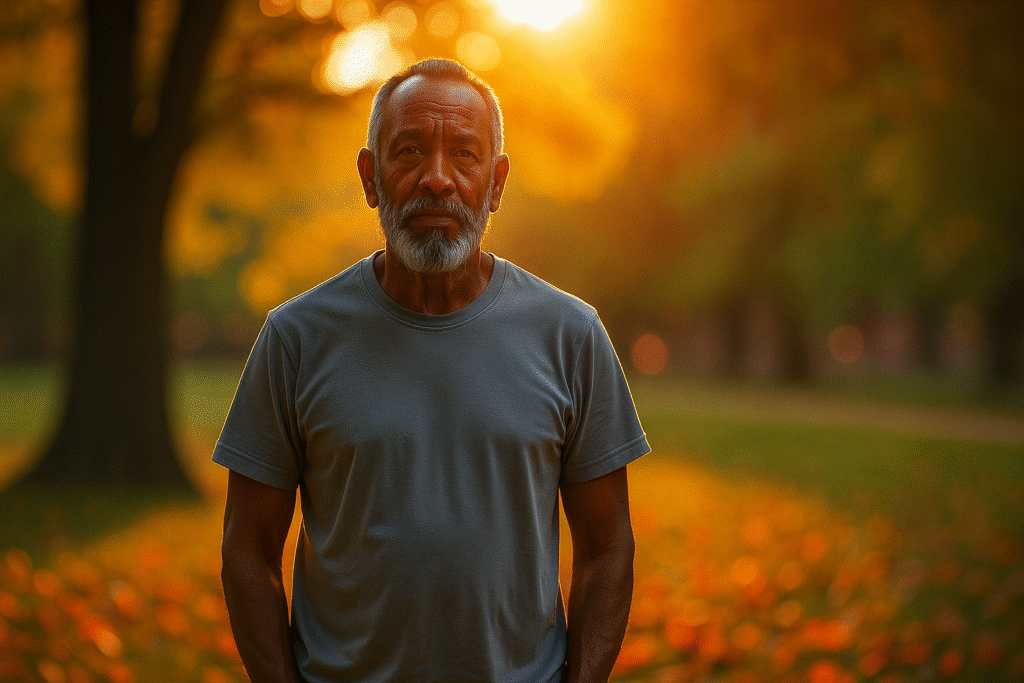7 Powerful Lessons from Drug Abuse Day and Global Campaigns
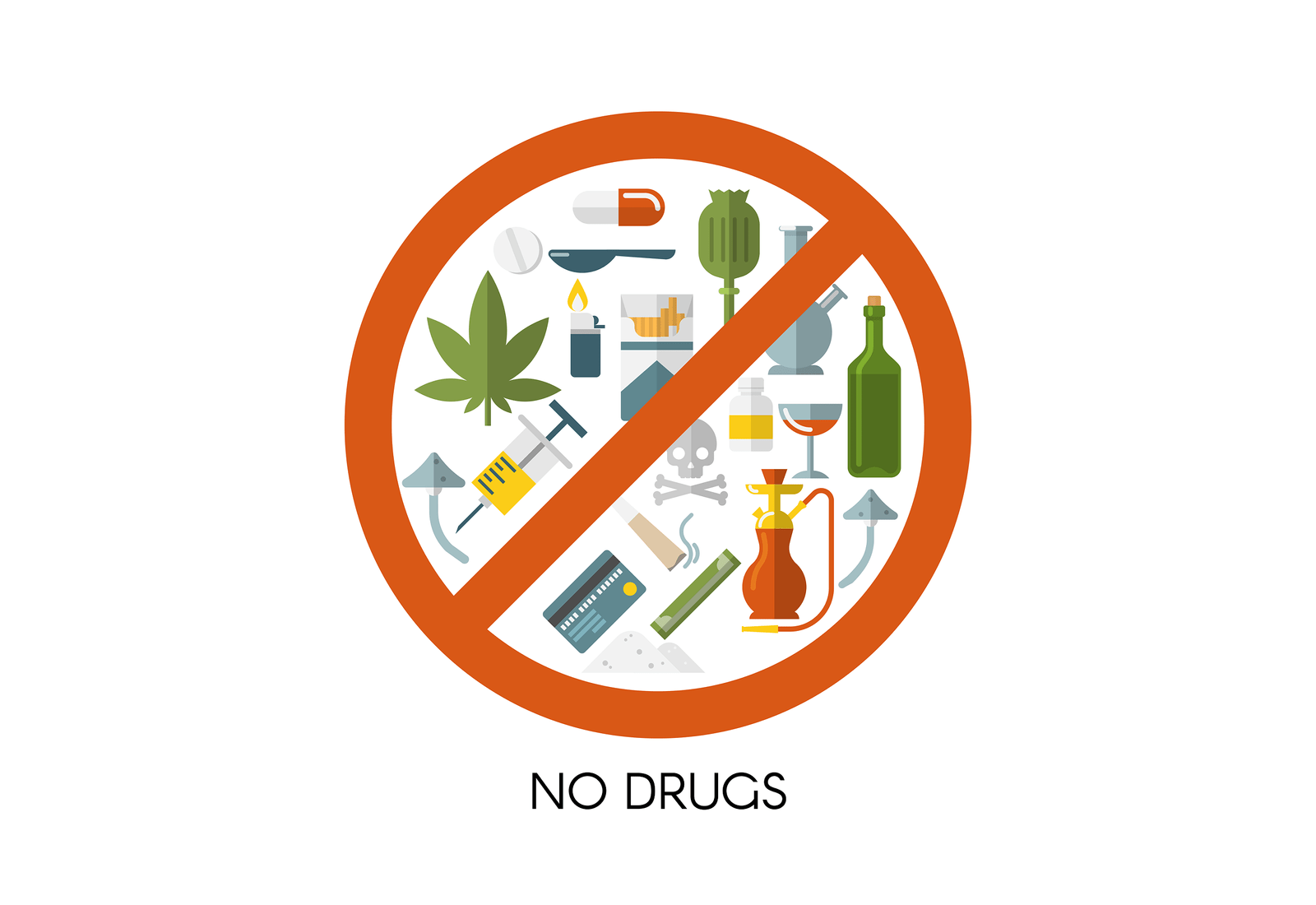
Drug Abuse Awareness: From Drug Abuse Day to International Anti-Drug Campaigns
Drug abuse is a global issue that impacts individuals, families, and entire societies. From health problems to broken communities, its effects are widespread and devastating. Combating this crisis requires not only medical interventions but also strong awareness campaigns that highlight prevention, treatment, and rehabilitation. One of the most important global observances in this fight is drug abuse day, officially known as the International Day Against Drug Abuse and Illicit Trafficking. Alongside international anti-drug campaigns, this day serves as a reminder of the collective responsibility we share in building drug-free societies.
What is Drug Abuse Day?
Observed on 26th June every year, drug abuse day was established by the United Nations to strengthen action and cooperation in achieving a drug-free world. Officially recognized as the International Day Against Drug Abuse and Illicit Trafficking, it brings together governments, organizations, schools, and communities worldwide.
The day highlights the dangers of drug abuse, promotes preventive measures, and encourages global solidarity in tackling the problem of illicit trafficking. More than just a symbolic event, it serves as a platform to launch new awareness initiatives, educate young people, and empower families affected by substance abuse. By dedicating one day each year to this cause, the international community reinforces its commitment to fighting drug addiction through awareness, treatment, and collaboration.
7 Powerful Lessons from Drug Abuse Day
1. Drug Abuse Day Spreads Global Awareness
One of the key purposes of drug abuse day is to spread awareness about the harmful effects of drug abuse. Campaigns held on this day highlight the risks associated with drug use, from health issues like liver failure and mental illness to social consequences such as unemployment and crime. By educating the public, the observance ensures that people understand addiction is not just a personal issue but a social challenge that requires collective action.
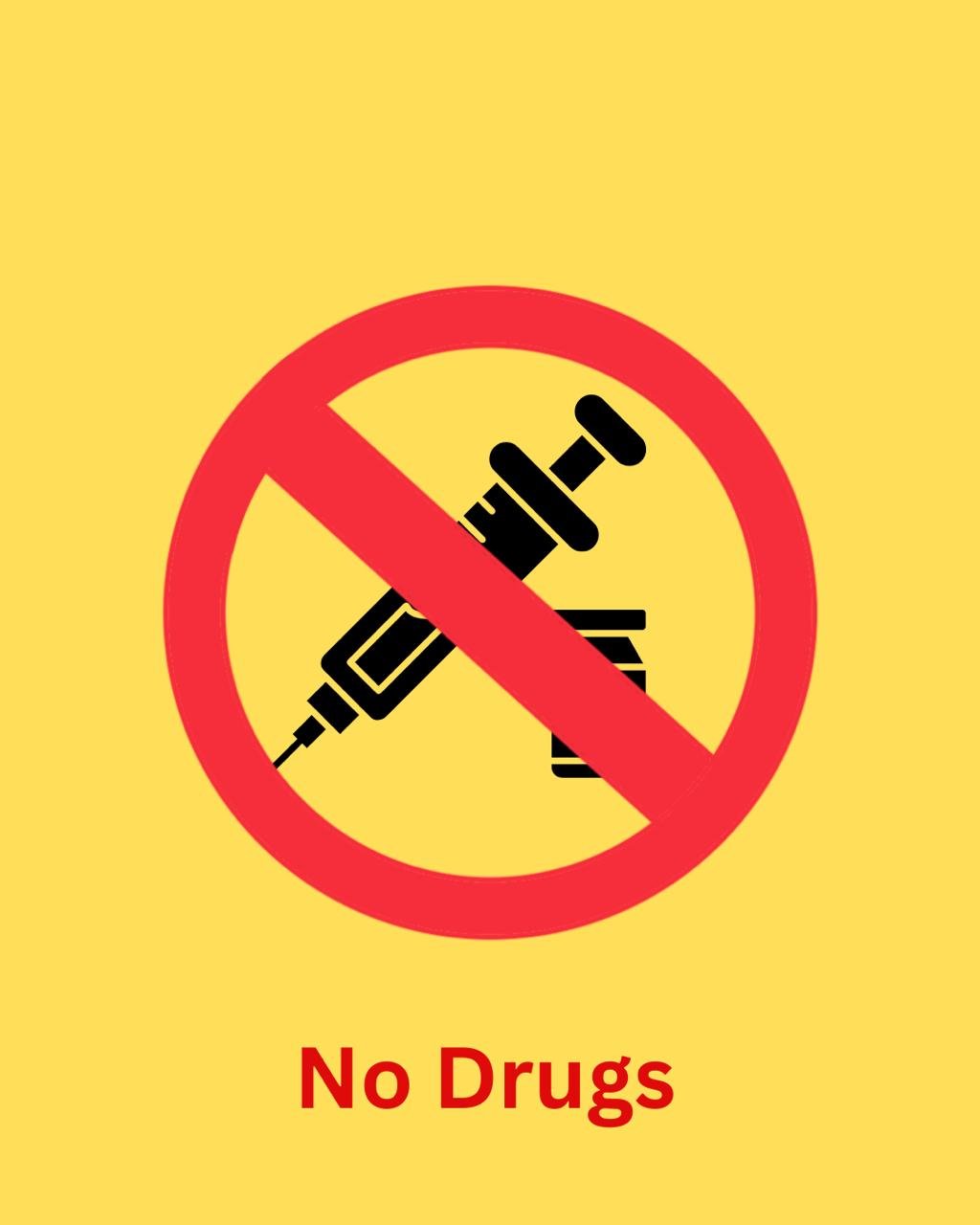
2. Encouraging Youth Participation on Drug Abuse Day
Young people are often the most vulnerable to peer pressure and experimentation with drugs. Drug abuse day plays a vital role in engaging schools, colleges, and universities through debates, rallies, poster-making competitions, and awareness workshops. Involving youth in meaningful activities helps them understand the dangers of drug abuse while also empowering them to become advocates for prevention in their communities. By reaching the younger generation, this observance helps build a strong foundation for a healthier, drug-free future.
3. Drug Abuse Day Promotes Preventive Measures
Prevention is always better than cure, and drug abuse day emphasizes early intervention. Governments, NGOs, and healthcare institutions use this opportunity to educate the public on prevention strategies such as saying no to peer pressure, seeking professional help for stress management, and avoiding environments where drugs are easily accessible. These preventive messages help reduce the likelihood of first-time drug use and encourage communities to adopt healthier lifestyles.
4. Highlighting Rehabilitation and Recovery Programs
Awareness alone is not enough—people struggling with addiction need accessible treatment. Drug abuse day shines a spotlight on rehabilitation centres, nasha mukti programs, and recovery success stories. Highlighting these resources reduces the stigma attached to seeking help and reassures individuals and families that recovery is possible. By promoting medical treatment, counseling, and holistic healing methods, this observance inspires people battling addiction to take the first step toward recovery.
5. Uniting Governments and NGOs
Drug abuse is a problem that cannot be solved in isolation. Drug abuse day brings together governments, non-governmental organizations, healthcare providers, and law enforcement agencies to work in unison. These collaborations lead to the creation of better policies, improved healthcare facilities, and stronger enforcement against drug trafficking. This unity demonstrates that the fight against drugs requires cooperation at both national and international levels, ensuring long-term impact.
6. Supporting Families Affected by Addiction
Families are often silent sufferers of drug abuse. Drug abuse day highlights the importance of family support in recovery and encourages communities to extend compassion rather than judgment. Awareness programs educate families about the signs of addiction, ways to provide emotional support, and methods to guide loved ones toward professional help. By supporting families, the observance ensures that recovery is not just an individual journey but a collective effort.
7. Inspiring International Anti-Drug Campaigns
Beyond the day itself, drug abuse day serves as an inspiration for long-term anti-drug initiatives worldwide. It acts as a launchpad for year-round campaigns by organizations such as the United Nations Office on Drugs and Crime (UNODC). These campaigns address various aspects of drug control, including reducing supply, promoting public health, and rehabilitating addicts. The connection between drug abuse day and international anti-drug campaigns highlights the need for continuous efforts rather than one-day observances.
Importance of International Anti-Drug Campaigns Beyond Drug Abuse Day
While drug abuse day plays a vital role, the fight against drugs continues throughout the year. International campaigns such as “Listen First” by UNODC or awareness drives by the World Health Organization (WHO) focus on educating communities, empowering parents, and promoting mental health care. These global efforts ensure that the momentum built on June 26th is carried forward into practical, long-term strategies.
Anti-drug campaigns are important not only for reducing drug use but also for addressing related issues such as organized crime, trafficking, and public health challenges. They reinforce the idea that combating drug abuse is not just the responsibility of individuals but of entire societies working together.
How Communities Can Contribute Beyond Drug Abuse Day
Community participation is critical in sustaining the momentum generated by drug abuse day. Local initiatives can organize workshops in schools, hold awareness rallies, or create support groups for families. Workplaces can contribute by providing counseling services and promoting stress management programs. Volunteers and NGOs can take part in rehabilitation support and awareness campaigns at the grassroots level.
Every individual has a role to play—whether it’s spreading awareness on social media, supporting someone in recovery, or participating in community events. By working together, communities can create a lasting impact that extends beyond a single day.
Final Thoughts
Drug abuse is a challenge that transcends borders, cultures, and generations. Observances like drug abuse day and international anti-drug campaigns serve as powerful reminders of our shared responsibility in fighting this crisis. They spread awareness, promote prevention, highlight treatment options, and encourage family and community support.
But real change happens when the lessons from these campaigns are carried forward into daily life. By staying informed, supporting affected families, and participating in awareness efforts, we can all contribute to building a healthier, drug-free society.
For more information, visit Mann Vaibhav Rehab and De-Addiction Center

